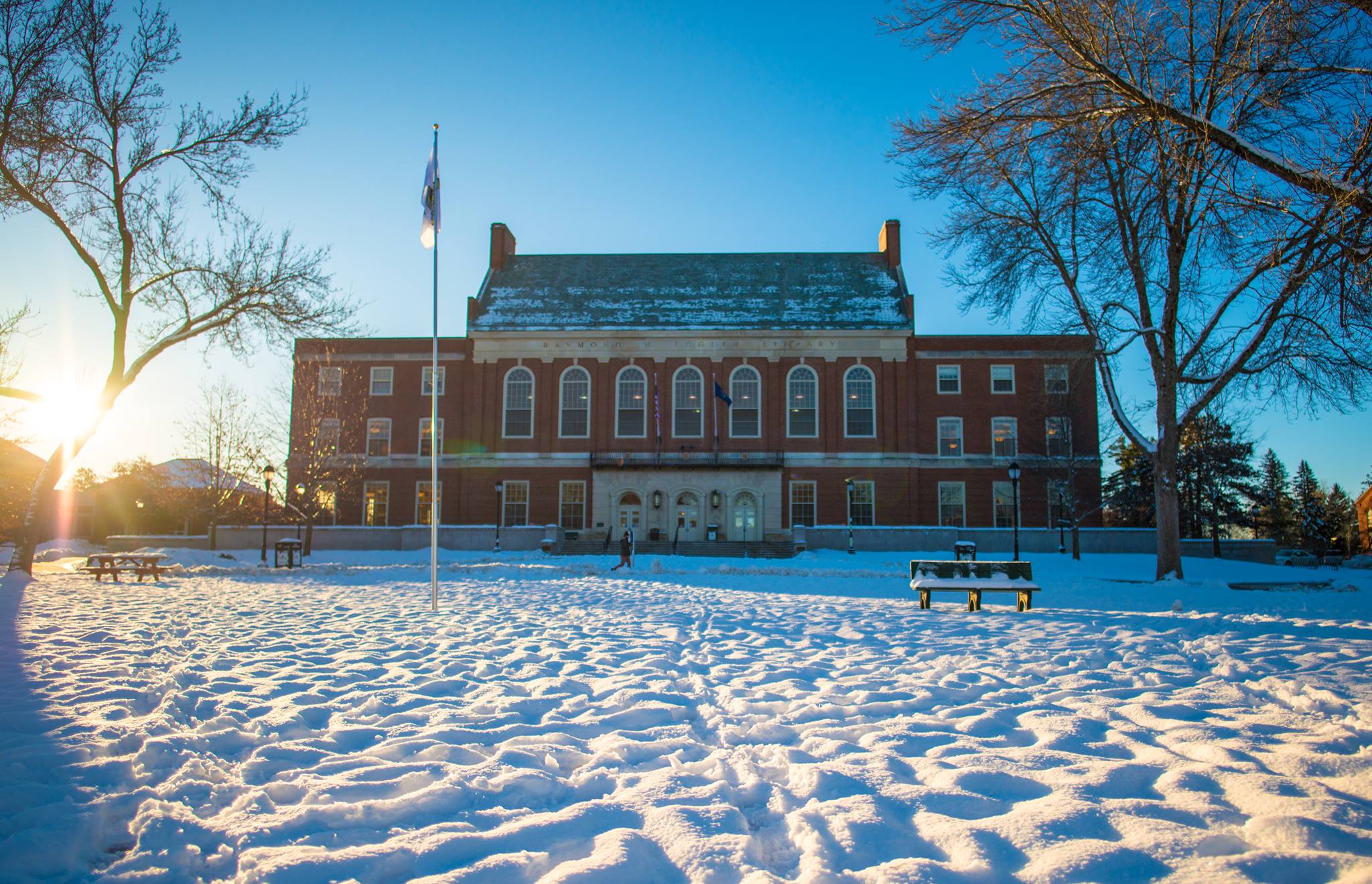
McGillicuddy Humanities Center welcomes Fall 2024 undergraduate fellows
In fall 2024, the Clement and Linda McGillicuddy Humanities Center (MHC) welcomes four new undergraduate humanities research fellows: Rehannah Baksh, Obie Casperson, Kyra Pederson and Neil Rockey. This cohort joins current fellows Kiera Campbell, Jess Cleary-Reuning, Alex Morgan and Mackenzie Reynolds.
MHC undergraduate fellows receive an award of up to $8,000 over the course of two semesters to pursue an independent research or creative project in the humanities in collaboration with a faculty member.
Baksh, (Queens, NY), whose project “Dignity and The Dancer” proposes to choreograph a dance piece devoted to the live narration of scholar Ranjana Khanna’s 2007 article “Indignity”, which argues for a radical reassessment of the category of dignity as the basis for the human or humanity. Baksh’s work will be supervised by assistant professor of theatre and English Rosalie Purvis.
Casperson, (Fort Collins, CO), an anthropology major whose project “Explorations of Local Distinctiveness in Cyprus Amidst Effects of Mediterranean Urbanization and Globalization” seeks to document local distinctiveness in the Mediterranean city of Nicosia and evaluate the impact of 21st century contemporary urbanization and globalization. Casperson will be working with faculty mentor Greg Zaro, associate professor of anthropology and climate change.
Pederson, (Brainerd, MN), a philosophy major whose proposal, “Packing the Wound: A Phenomenological Account of Grief Objects,” asks what fills the space that loss creates, and why must that space be necessarily occupied? Pederson will be working with professor of philosophy Jessica Miller.
Rockey, (Chicago, IL), an international affairs major, whose project “Balancing the Scales: Developing Ethical Guidelines for AI’s Role in Life-and-Death Decisions,” considers examine the environments in which artificial intelligence (AI) is, or will be, involved in making critical life-and-death decisions. Rockey will be working with Manuel Wörsdörfer, assistant professor at the Maine Business School and School of Computing and Information Science and associate member of the Climate Change Institute at the University of Maine.
In addition to honing their research skills and building their academic networks, MHC fellows serve as humanities ambassadors to their peers, the campus and the broader community. For students interested in becoming a fellow, and faculty who might like to nominate one, the next deadline to apply is October 17. Research and creative work of all types across the humanities will be considered. This includes academic papers, art gallery shows, community workshops or films. Applicants do not need to be humanities majors or minors to be eligible. More information, including application instructions, proposal guidelines and a statement of purpose, is available on the MHC website.
The MHC supports excellent teaching, research and public engagement in the humanities to deepen understanding of the human condition. It elevates programs that foster intellectual curiosity, critical reflection and creative innovation. At the core of the center’s work is the belief that studying the humanities inspires compassion across differences, develops empathy, strengthens critical thinking skills and cultivates the emotional and intellectual agility needed to navigate an increasingly interconnected and complex global landscape.
Contact: Zach Ludington
